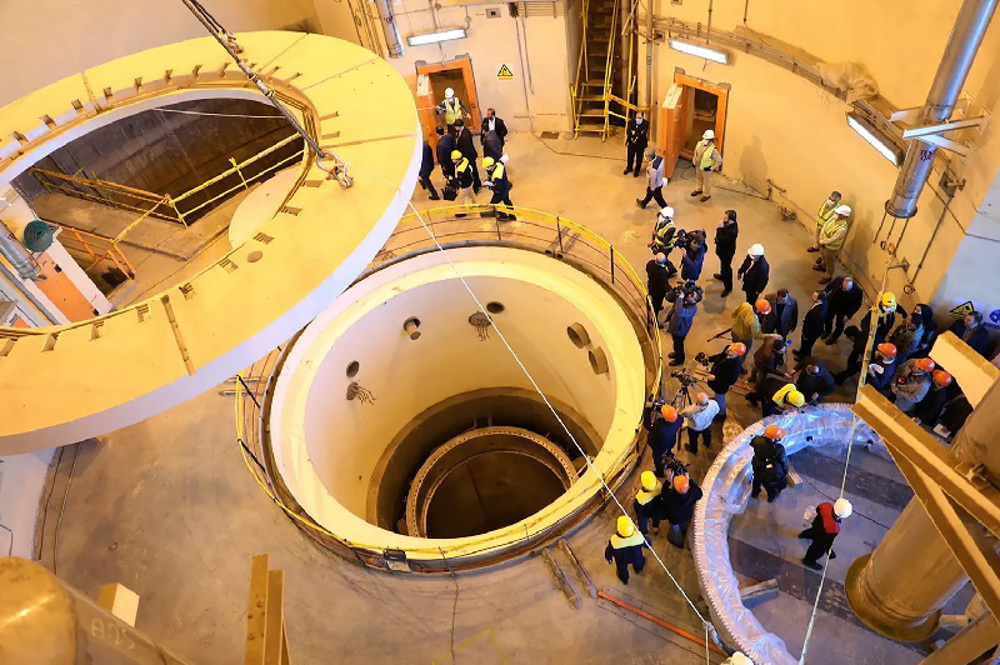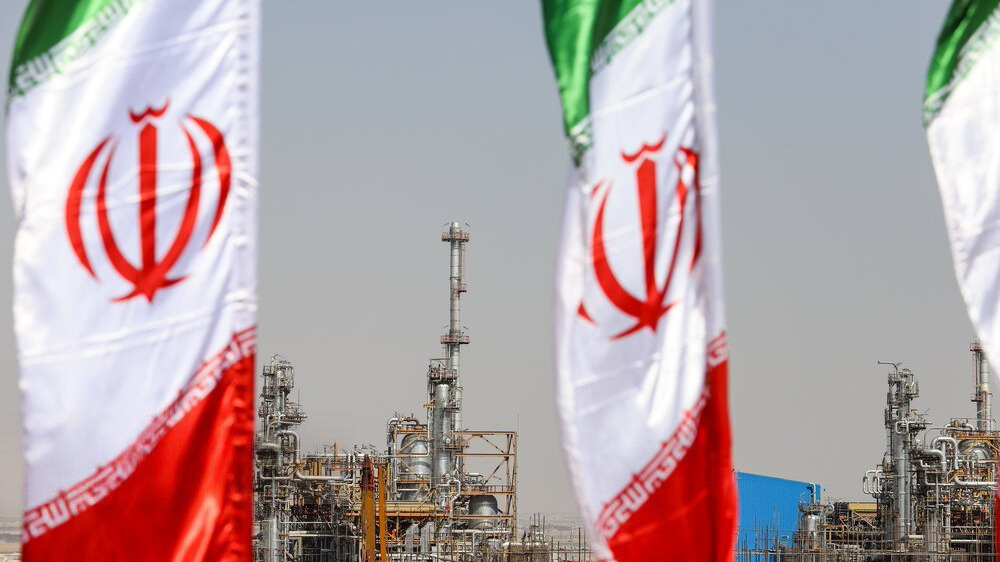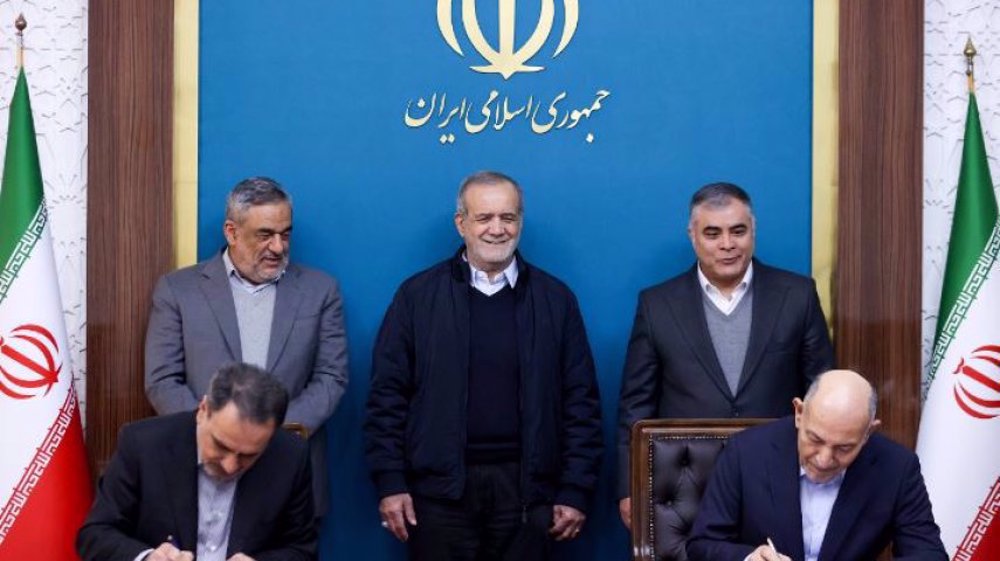Iran seals GTL deal with South Africa
Iran on Sunday signed an agreement with South Africa over the production of gas to liquids (GTL) - an agreement that could lead to the transfer of knowledge to the Islamic Republic over the production of the clean fuel.
The agreement was signed between Iran’s Research Institute of Petroleum Industry (RIPI) and South Africa’s national oil company PetroSA.
This came during the state visit to Tehran by South Africa’s President Jacob Zuma. He supervised the signing ceremony together with his Iranian counterpart Hassan Rouhani.
The agreement also envisages cooperation between PetroSA and RIPI over the oil blending technology.
The GTL agreement appears to have been meant to provide Iran with the academic knowledge over producing the clean fuel and is not expected to lead to any industrial yield.
South Africa’s Sasol was previously pursuing a major project to produce GTL at industrial level in Iran’s South Pars energy zone.
However, it had to quit the projects in 2005 as complications grow as a result of US pressures on foreign investors in Iran as well as certain technical hurdles.
Sasol originally planned to produce 600,000 barrels per day of GTL from South Pars Phase 14 over a period of 10 years.
As indications grew last summer that sanctions that barred foreign investments in Iran could be soon lifted, the company once again voiced interest in taking up the same liquidation project it had abandoned in Iran.
Zuma arrived in Tehran on Sunday heading a 180-member politico-economic delegation. He is visiting the Islamic Republic at the invitation of President Rouhani to discuss ways to strengthen relations between the two countries.
A series of key agreements were signed during Zuma’s visit to Tehran in a variety of areas including the agriculture industry, water management, as well as joint investments and the insurance industry.
VIDEO | 39th AU summit opens in Addis Ababa with focus on water security, peace, and development
VIDEO | Iran: The stronghold Washington lost
Anti-Iran ‘Munich circus’ shows Europe has lost geopolitical weight: Araghchi
Swiss to act as venue of next round of Iran-US talks: Report
Report: Over 50,000 soldiers fighting in Israeli military hold foreign citizenship
Danish PM warns US attack on Greenland would spell end of NATO
Power running out at key Gaza hospital, ICU patients at risk: Report
VIDEO | Press TV's news headlines










 This makes it easy to access the Press TV website
This makes it easy to access the Press TV website